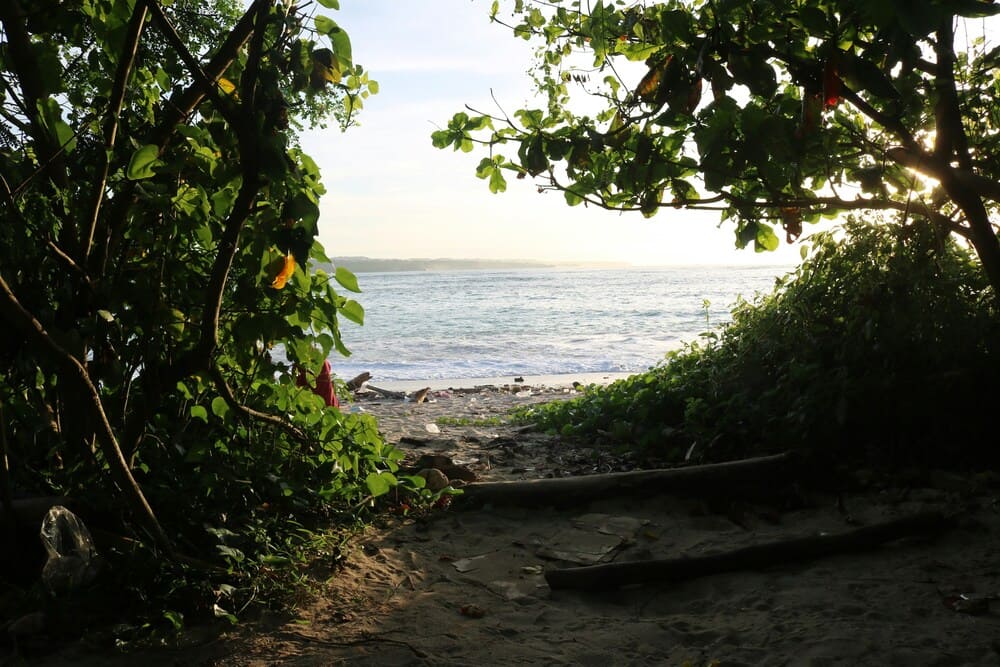Operating a surf camp in Bali, one of the world’s premier surfing destinations, can be both an exciting and profitable venture. However, like any business, running a surf camp requires compliance with local laws and regulations. Bali’s popularity as a tourist destination means that the legal framework governing tourism-related businesses, including surf camps, is comprehensive and strictly enforced. To ensure your surf camp operates smoothly, it is essential to understand the legal and regulatory requirements, including business permits, taxation, and compliance with local laws.
This guide provides an overview of the key legal regulations you need to be aware of when setting up a surf camp in Bali and explains how to navigate the licensing process.
Business Permits and Licenses
Setting up a surf camp in Bali requires obtaining the appropriate business permits and licenses. As a foreigner or local investor, you need to register your business and follow the necessary procedures outlined by Indonesian law.
First, you will need to decide on the structure of your business. Foreigners typically register their business as a PMA (Penanaman Modal Asing), which is an entity that allows foreign investment in Indonesia. The establishment of a PMA is subject to specific requirements, including minimum capital investment, which varies depending on the nature of the business.
Once you have chosen your business structure, the next step is to obtain a NIB (Nomor Induk Berusaha), which is the business registration number issued through Indonesia’s online business licensing system, OSS (Online Single Submission). The NIB serves as your company’s primary identification and is required for all subsequent permits and legal matters.
In addition to the NIB, you will also need to secure a Business License (Izin Usaha). This license is necessary for the legal operation of your surf camp and must be in accordance with the business activities defined in your NIB registration.
Zoning and Land Use

One critical aspect of setting up a surf camp in Bali is ensuring that the location of your camp complies with local zoning laws. Bali’s zoning regulations specify which areas are designated for tourism-related businesses, including accommodations and recreational facilities such as surf camps. Before purchasing or leasing land for your camp, verify that the land is appropriately zoned for commercial use.
Zoning restrictions can vary depending on the location within Bali. For instance, areas close to the coastline may have additional environmental regulations, including restrictions on building near protected beaches or areas considered culturally significant. It is advisable to work closely with local authorities or consult a legal expert to ensure that your property complies with zoning and environmental regulations.
Environmental Regulations

Surf camps, particularly those located near beaches or coastal areas, must adhere to environmental laws designed to protect Bali’s natural landscape. These regulations are particularly strict due to Bali’s fragile ecosystem and the impact of tourism on local environments.
As part of your business permit process, you may be required to submit an Environmental Impact Assessment (AMDAL) or an Environmental Management and Monitoring Effort (UKL-UPL) report. These reports assess the potential environmental impact of your surf camp’s operations and outline strategies for mitigating any negative effects. Compliance with these regulations is essential not only for obtaining your business permit but also for ensuring that your surf camp operates sustainably and responsibly.
Additionally, Bali has specific waste management and recycling regulations, particularly for businesses in the tourism sector. Your surf camp will need to have a clear plan for managing waste, including recycling and reducing plastic use, to comply with these regulations and contribute to preserving Bali’s natural environment.
Employment Regulations

Hiring staff for your surf camp, including surf instructors, maintenance workers, and hospitality staff, must comply with Indonesian employment laws. If you plan to employ foreign workers, including surf instructors from outside Indonesia, you will need to obtain the proper work permits.
For foreign employees, the KITAS (Kartu Izin Tinggal Terbatas) is required, which is a temporary residence permit allowing foreigners to live and work in Indonesia. Additionally, employers must apply for a Foreign Worker Employment Permit (IMTA), which is issued by the Ministry of Manpower.
It is important to note that Indonesia has strict rules regarding the employment of foreigners. Certain roles within your surf camp, particularly administrative and operational positions, may be required to be filled by Indonesian nationals. Foreign workers are generally allowed to fill specialized positions, such as certified surf instructors.
Ensure that you also adhere to local labor laws, which cover employee contracts, working hours, wages, and health benefits. Employees should be provided with clear contracts that define their roles, responsibilities, and compensation. The minimum wage requirements vary by region, so be sure to stay updated on local regulations in Bali.
Taxation and Financial Reporting

All businesses in Bali, including surf camps, are subject to Indonesian taxation laws. You will need to register your business with the Tax Office (Kantor Pajak) and obtain a Taxpayer Identification Number (NPWP). The NPWP is necessary for filing tax returns, paying corporate taxes, and complying with Indonesian tax regulations.
Surf camps are subject to several types of taxes, including Corporate Income Tax (CIT), which is levied on the company’s net income, and Value-Added Tax (VAT), which applies to goods and services provided to customers. The CIT rate is generally 25%, though rates may vary depending on the size of your business.
It is also essential to keep detailed financial records and submit regular tax reports. Failure to comply with tax regulations can result in penalties or, in severe cases, legal action. Hiring an accountant or tax advisor familiar with Indonesian taxation laws can help ensure your business remains compliant and up to date with its financial obligations.
Ensuring Compliance with Local Laws

Running a surf camp in Bali requires continuous compliance with local regulations and permits. Once your business is operational, maintaining regular communication with local authorities and staying updated on any changes to laws or regulations is crucial. Regular inspections may be conducted to ensure that your business is meeting environmental, zoning, and health and safety standards.
To avoid legal complications, it is recommended that you work closely with a legal consultant or business advisor who specializes in Indonesian law and the tourism industry. This professional guidance can help you navigate the complex legal landscape in Bali and ensure that your surf camp remains compliant with all relevant regulations.
Conclusion
Setting up and operating a surf camp in Bali requires careful attention to local laws and regulations. From obtaining the necessary business permits and adhering to zoning and environmental laws to ensuring compliance with taxation and employment regulations, understanding the legal framework is essential for running a successful and sustainable business. By taking the time to navigate the licensing process and ensure compliance with local laws, you can establish a surf camp that thrives in Bali’s competitive tourism market.







